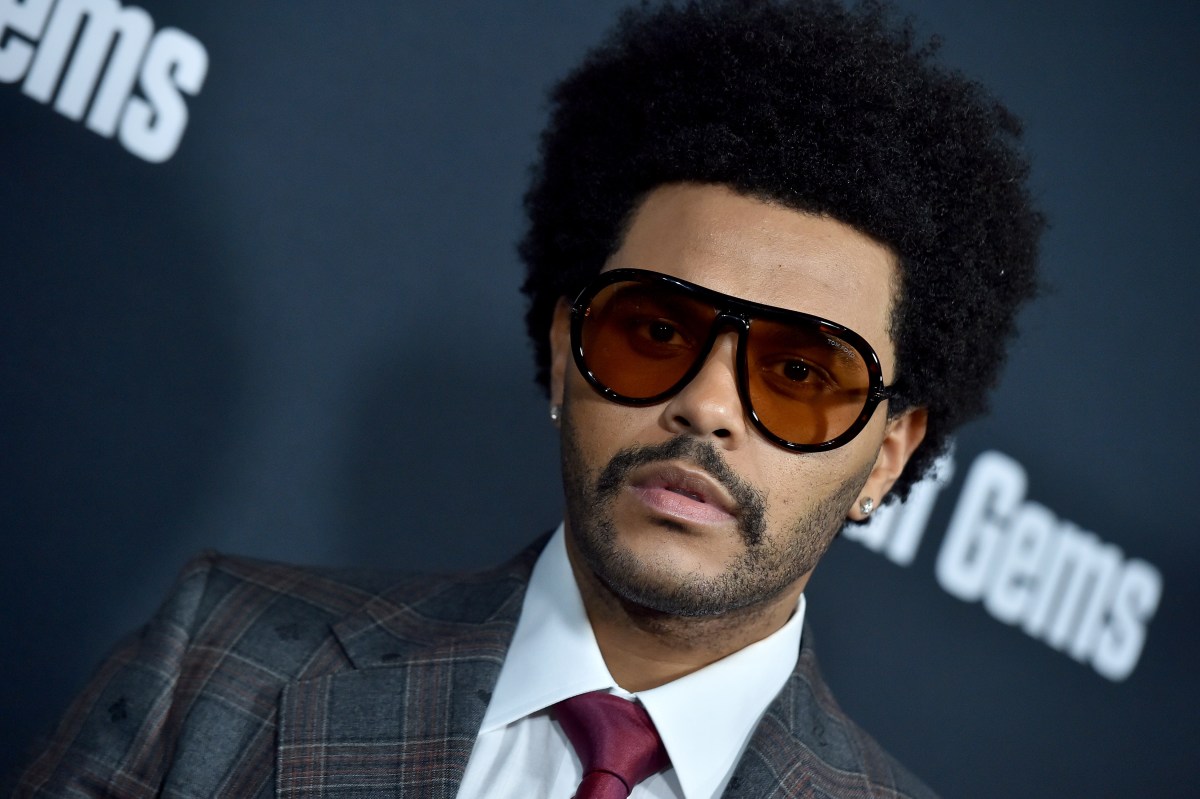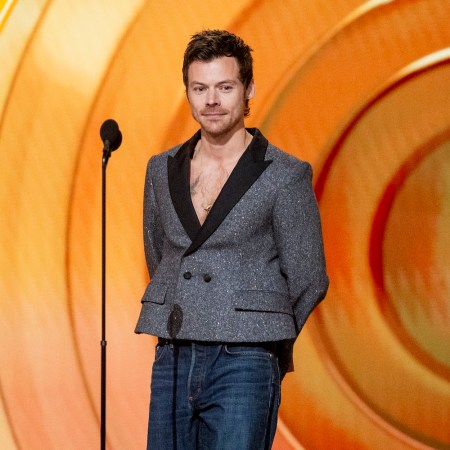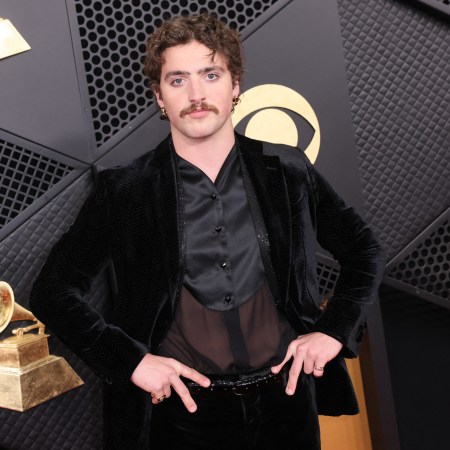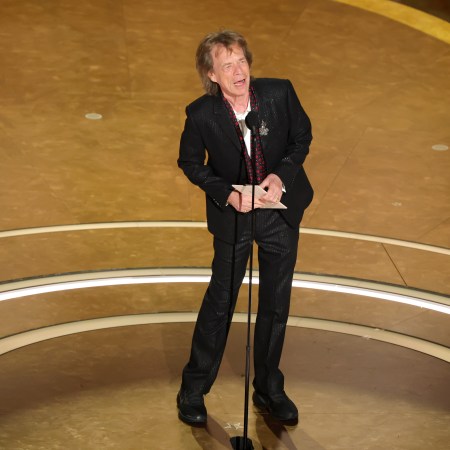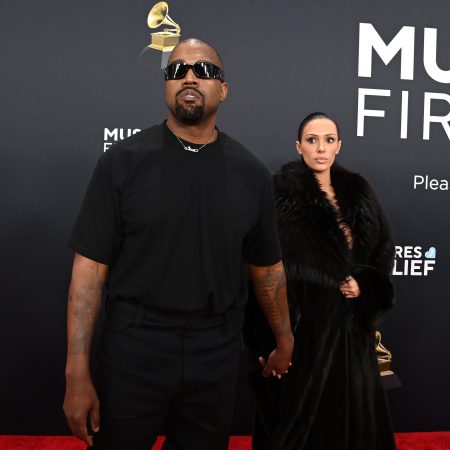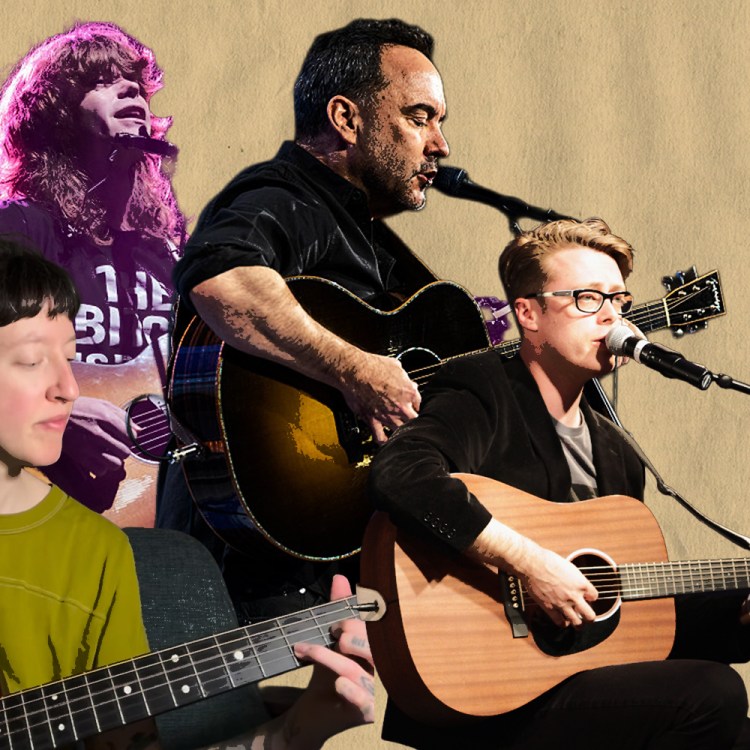When Trevor Noah hosts the Grammy Awards in January, the ceremony will likely look pretty different than in years past thanks to the ongoing COVID-19 pandemic. But it will also look different due to some structural changes meant to drag the awards show — which has often been accused of racism, sexism and a general lack of diversity — into the 21st century. The controversially named “Urban Contemporary” category is now “Progressive R&B.” The “World Music” category is now “Global Music.” “Best Rap/Sung Performance” is now “Best Melodic Rap Performance.”
Of course, this is still the Grammys we’re talking about, which means there’s still plenty to get irritated about, and this year had us scratching our heads over a number of high-profile snubs. You can read a full list of the nominees here, but to help make sense of them (and remind you who was unjustly left out), check out the main takeaways from this year’s nominations below.
No nods for The Weeknd, Bob Dylan
It wouldn’t be the Grammys without some dumbfounding omissions, and this year featured some truly egregious snubs. The Highwomen’s excellent self-titled record was left out of the Best Country Album category, and major pop stars who were heavily favored to rack up a bunch of nominations — including Lady Gaga, Harry Styles and Justin Bieber — failed to earn nods in any of the major categories, instead staying relegated to the genre categories. But perhaps most glaring was the fact that The Weeknd, responsible for one of this year’s most ubiquitous hits with “Blinding Lights,” didn’t receive a single nomination.
Of course, though they often seem like it, the Grammys aren’t supposed to be a popularity contest, and there’s an argument to be made that just because something’s popular doesn’t mean it’s award-worthy. (Truth be told, The Weeknd’s album After Hours is fine, but not earth-shattering.) But there’s no denying that he seemed poised for a big year. Headed into the announcement of this year’s nominees, he was the odds-on favorite for those placing bets on the major categories; he’s a favorite of the Recording Academy, having been nominated 10 times since 2013, and he’s currently slated to headline the Super Bowl halftime show the week after the Grammys. He seemed caught off-guard by the snub as well, calling out the awards for being “corrupt” and demanding “industry transparency.”
Another artist who seems like a no-brainer for the Grammys who got looked over this year? None other than Bob Dylan, who failed to earn a single nomination for his critically acclaimed new album Rough & Rowdy Ways. Of course, the Academy has caught heat in the past for fawning too heavily over aging rock stars’ late-period releases, but Dylan’s latest is the rare piece of work from an artist so deep into his career that is actually deserving of accolades. Still, leaving him out of the rock categories opened the door for many talented women to be recognized for their work this year (more on that later), so it’s not a total misstep.
Lesser-known artists have a big presence in the major categories
Some of those big pop star snubs opened up space in the “Big Four” categories this year for the Academy to shine a light on some more deserving, lesser-known artists, and while it seems like that’s in fact what they made an effort to do, some of the artists they chose still seem like “safe” picks that are right in their wheelhouse. Black Pumas, a psych-soul group who makes the type of “throwback”-sounding — really good, if not ground-breaking — music the Recording Academy loves to throw trophies at (see also: the Grammy success of artists like Gary Clark Jr. or Alabama Shakes), was up for Best New Artist at last year’s awards, and this year they’re up for Album of the Year and Record of the Year for the deluxe edition of their 2019 self-titled debut. The original version of that record missed this year’s eligibility period, and nominating the deluxe edition feels a pretty blatant attempt to shoehorn them into this year’s show.
Jacob Collier is another Album of the Year nominee you may not have heard of, and he too is a young artist whose music is steeped in old tradition the Grammys tend to go wild over. (His a capella arrangement of “Moon River” has over 2.5 million views on YouTube.) Collier also already has four Grammys as an arranger.
Women dominate in the rock and country categories
Despite the slights and weird moves, there were some bright spots in this year’s nominations — most notably the fact that for the first time in the history of the category, all of the nominees for Best Rock Performance were women or members of a female-fronted band, with Phoebe Bridgers, Fiona Apple, Haim, Grace Potter, Brittany Howard and Adrianne Lenker’s Big Thief all receiving nods.
This is a huge deal for an organization that has spent recent years trying to correct its decades-long failure to nominate women, and it feels like a particularly major victory in the Best Country Album category, where every nominee is a woman (or a member of Little Big Town, which has two women and two men). Nashville has historically been awful to its female country artists, refusing to play them on the radio, let alone give them the recognition they deserve, so even with the Highwomen snub, the fact that the genre’s biggest category is full of women is a massive step forward.
Could this be the year Beyoncé finally wins Album of the Year?
Beyoncé leads this year’s nominations with nine nods — a feat made all the more impressive when you consider the fact that she didn’t put out a proper album during the eligibility period. Instead, her nominations are for her visual film Black Is King, music from the expanded version of The Lion King: The Gift and her collaboration with Megan Thee Stallion. Still, a Beyoncé non-album one-off has the power to stand among other artists’ best work, and Queen B finds herself nominated in major categories nevertheless.
On the one hand, we shouldn’t be surprised. She is, after all, the most nominated woman of all time with a whopping 79 total Grammy nods, tied with Paul McCartney for third place and only trailing Quincy Jones and her husband Jay-Z (who each have 80). But she’s only gone home with 24 of those 79, and for years the storyline has been how she’s been mostly shut out of major categories like Album and Record of the Year. (She’s lost Album of the Year three times, Record of the Year five times and Song of the Year twice.) With plenty of big pop stars out of the way and lesser-known artists filling out this year’s Big Four categories, could this be the year she finally gets the recognition she deserves? If so, leave it to the Grammys to wait until she doesn’t even put out a record to grant her the big prize.
For all the improvements, the same old problems linger
It’s always encouraging to see the Grammys try to increase diversity or nominate more women, but despite their efforts, they still have a long way to go. Hip-hop has historically been largely ignored in the major categories, and sadly, that trend continues this year. The same goes for Latin pop and K-pop, the later of which has enjoyed newfound success over the past few years in the States thanks largely to BTS. The Korean boy band was another favorite to rack up a bunch of nominations this year, but they only earned one, for their hit single “Dynamite” in the Best Pop Duo/Group Performance category.
And the Academy can give all the lip service it wants to becoming a more welcoming environment for women, but it’s all meaningless if they’re going to continue to nominate alleged predators and abusers. As Pitchfork points out, producer Dr. Luke — who was accused of sexual assault by Kesha back in 2014 and is currently still involved in an ongoing lawsuit over the case — has quietly received his first Grammy nomination in six years under the Tyson Trax name he has since assumed for his work on Doja Cat’s “Say So.” It’s been two short years since Kesha brought down the house on the Grammys stage with an emotional performance of “Praying,” a song about the abuse she allegedly suffered at the hands of Dr. Luke. The Grammys tend to have a shamefully short memory about stuff like this; in 2012, Chris Brown performed during the ceremony, just three years after he famously was arrested on his way to the very same awards show for physically assaulting then-girlfriend Rihanna.
It’s not a good look for the Academy to keep welcoming abusers back with open arms and overlooking entire genres — all of which happen to predominately feature non-white artists — in the major categories. This year’s nominations shook things up a bit, but they were also proof the entire institution still needs renovation from the ground up.
This article appeared in an InsideHook newsletter. Sign up for free to get more on travel, wellness, style, drinking, and culture.
